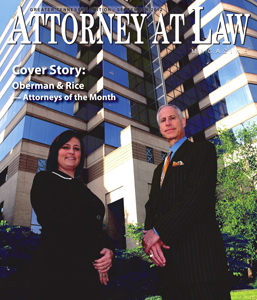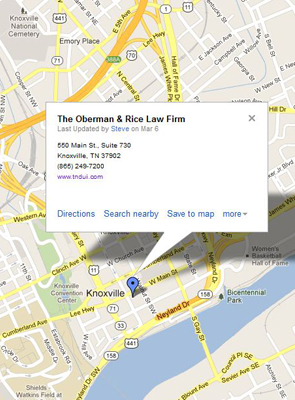Forfeitures
Forfeiture proceedings are civil actions, but are typically initiated in conjunction with an arrest for a criminal offense, and begin with the seizure of property. The basis for initially taking the property is the allegation that the property was connected to criminal wrongdoing, such as Driving Under the Influence. Any property is subject to seizure depending on the circumstances, but cash and automobiles are the items most commonly seized.
A person who commits either a second or subsequent violation of DUI or, in some cases, Driving on a Revoked License, is subject to having the vehicle he or she was driving seized and forfeited to the State. If the owner's interest in the automobile is forfeited, the State may sell the vehicle and keep the proceeds. The State may elect, however, to use the vehicle for government purposes.
Likewise, any cash, automobiles, or other property used in the commission of certain drug offenses are also subject to seizure and forfeiture. Property may also be forfeited if found to be the proceeds of any criminal offense.
In order to contest the forfeiture of property, a claimant must ordinarily file a petition for the return of the property within 30 days of receipt of the Notice of Seizure. Failure to file a claim within this period may act as a waiver of any right the driver or any other property owner has to recover this property. The claimant must also include with their petition the anticipated court costs or a cost bond as security for the court costs.
Accordingly, it is imperative that a person consult with a DUI attorney in Knoxville, TN or the jurisdiction in which the property was seized as soon as possible following the seizure. One should confer with a Tennessee DUI lawyer promptly to ensure compliance with the complex rules and regulations of the Tennessee Department of Safety.
Property may be subject to forfeiture even if the person from whom the property is being forfeited is acquitted or found not guilty of the charge underlying the initial seizure.
Because the facts, law, and circumstances of each case vary, it is important for person in need of a Tennessee DUI lawyer to meet individually with counsel to obtain specific advice. The information contained on this web site is no substitute for individual consultation.
Cases We Handle
Click on the links below for information on the types of cases handled by Oberman & Rice.









 Site Optimized by:
Site Optimized by: